Top 10 Famous Indian Mathematicians In The World
Karamchand Rameshwar - Apr 06, 2019
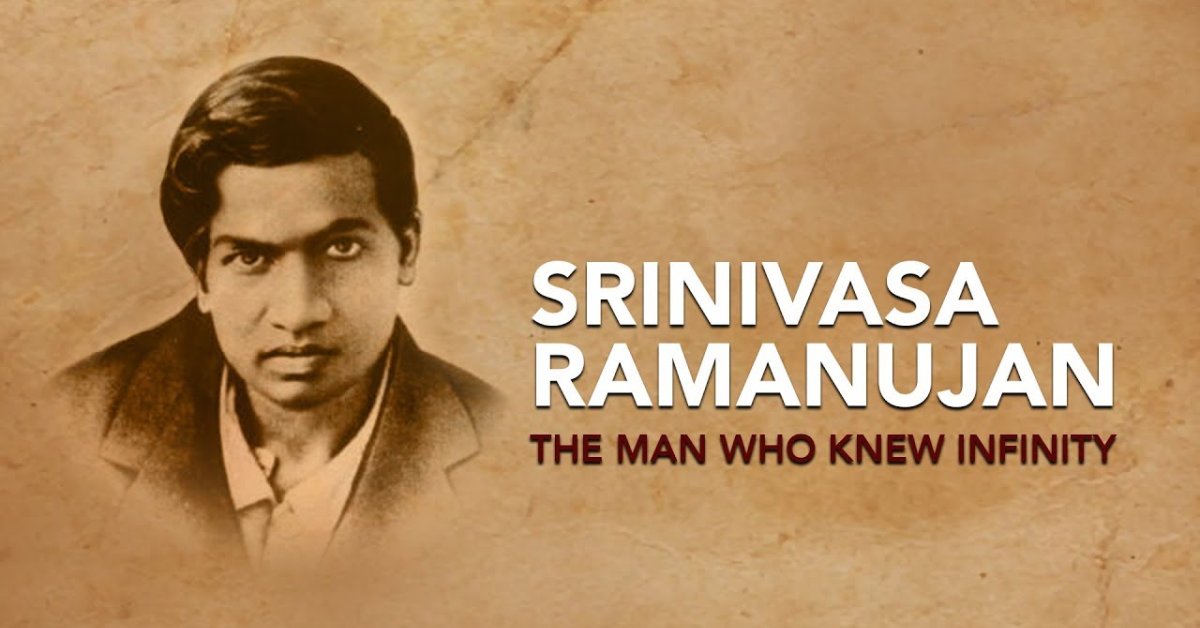
10 most famous Indian mathematicians that greatly contributed to the world's mathematics, including Ramanujan, Aryabhata, Brahmagupta, and more.
- A Math Formula Tells Us How Long Everything Will Live
- Delhi Is The World’s Most Polluted Capital City For Three Years In A Row
- Indian Farmers Install High-Tech, Night-Vision CCTV Cameras To Protect Themselves
India has long been the place of extraordinary scholars and teachers in astronomy and mathematics. Indian mathematicians have contributed immensely to the development of the world’s knowledge.
Here are the top ten Indian mathematicians who many believe to had contributed the most with their discoveries:
10. Narendra Krishna Karmarkar
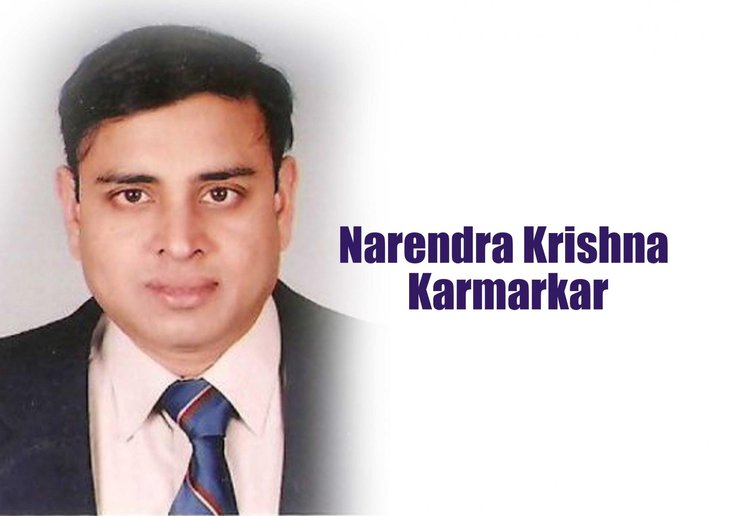
He was born in 1957 in Gwalior, India. He is a famous mathematician in India and he is currently at 62 years of age. One of his most famous work is Karmarkar's algorithm that solves linear programming problems in polynomial time.
9. Bhaskara (also known as Bhāskarāchārya or Bhaskara II)
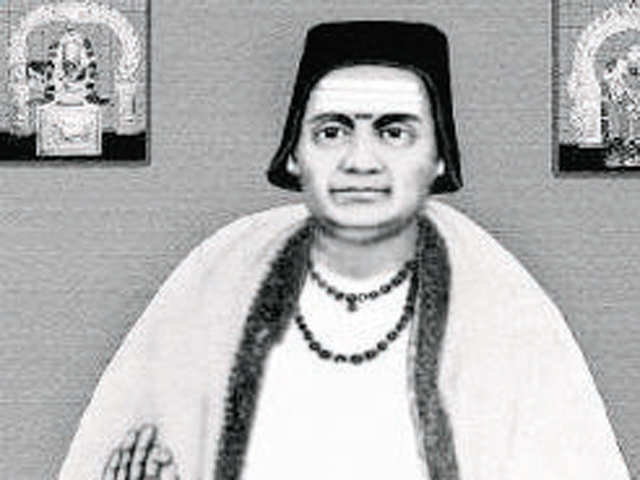
Bhaskara (Bhāskarāchārya or Bhaskara II) was born in 1114 in Bijapur, Karnataka and died in 1185 at 71 years of age. He was a very famous Indian astronomer and mathematician and is called the greatest mathematician of medieval India.
One of his greatest work is Crown of Treatises (Siddhanta Shiromani) and it is divided into 4 parts: Grahagaṇita, Golādhyāya, Lilāvatī, and Bījagaṇita. These 4 parts deal with the mathematics of the planets, spheres, arithmetic, and algebra, respectively. His work on calculus was believed to be ahead of Leibniz and Newton by more than half a millennium.
8. Satyendranath Bose
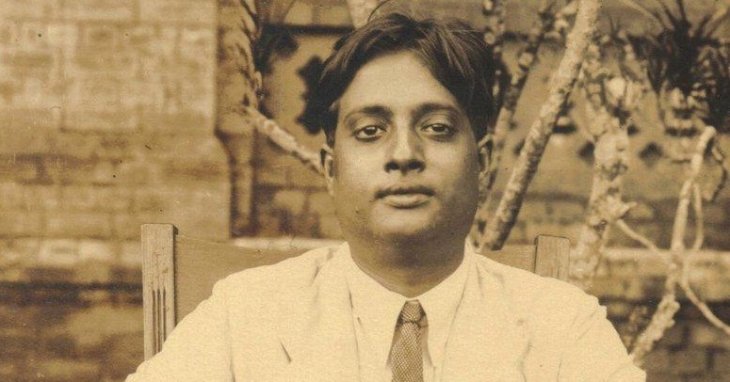
He was born on 1 January 1894 and died on 4 February 1974 at 80 years of age. He is a renowned physicist in India and specialized in theoretical physics. His work on quantum mechanics in the 1920s, which is possibly his best work, provided the foundation for Bose-Einstein condensate’s theory and Bose-Einstein statistics.
He was also widely interested in many fields such as chemistry, physics, mathematics, biology, chemistry, mineralogy, philosophy, arts, music, and literature. Even though the Bose-Einstein condensate and Bose-Einstein that related to the concepts of the boson, were already awarded Nobel Prizes, he himself didn’t receive any Nobel Prize for any of his works.
7. Harish Chandra
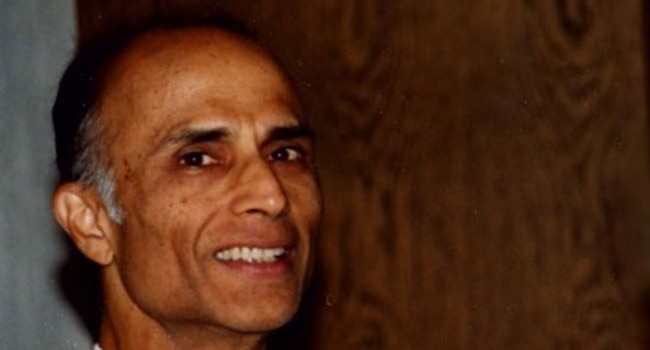
He was born in 1923 and died in 1983 at 60 years of age. After finish studying at the B.N.S.D. College and at the University of Allahabad, he moved to the US in 1945 to work as a research student at the University of Cambridge. The Indian American physicist and mathematician is well-known for his work in representation theory, particularly harmonic analysis on the semisimple Lie groups.
6. D. R. Kaprekar
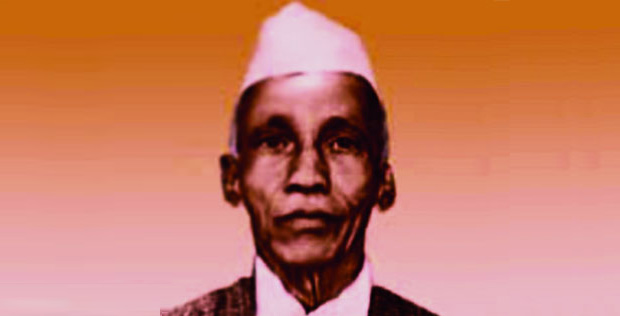
Dattathreya Ramchandra Kaprekar was born in 1905 and died in 1986 at 81 years of age. Kaprekar was a recreational mathematician and has known for discovering the Kaprekar constant and also describing some classes of natural numbers including the Harshad, Self numbers and Kaprekar. Despite having no formal doctorate and being a schoolteacher, he became popular in the recreational mathematics circles.
Mostly working alone, he discovered many results in number theory and described many properties of numbers. Besides the Kaprekar numbers and Kaprekar constant, he described Devlali numbers or self numbers, Demlo numbers, and Harshad numbers as well. His works were not taken seriously in the first place but things changed in March 1975 when Martin Gardner wrote about his work.
Continue with the list, here are the best 5 Indian mathematicians.
5. C.R. Rao
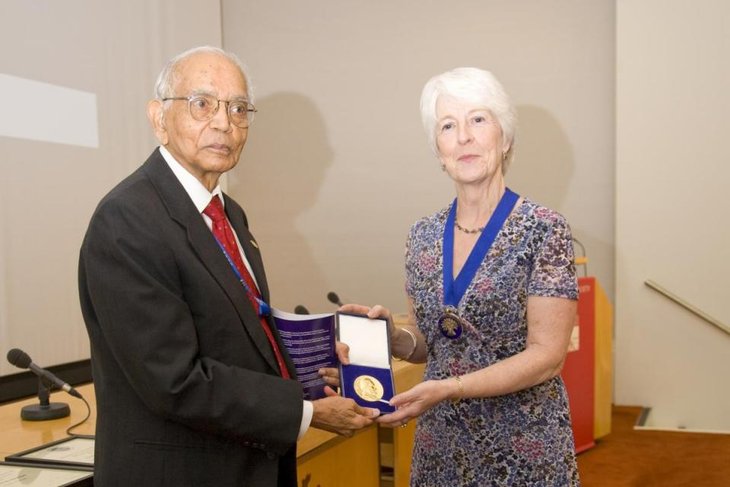
Calyampudi Radhakrishna Rao, who is an Indian-American statistician and mathematician, was born on 10 September 1920 and he is now at 98 years of age. He is now Research Professor at the University at Buffalo and Professor emeritus at Penn State University.
He was called a living legend whose work has largely influenced not only on statistics, but only on fields such as genetics, economics, geology, anthropology, medicine, national planning, biometry, and demography. His varied contributions include statistical inference and linear models multivariate analysis, estimation theory, orthogonal arrays, combinatorial design, statistical genetics, generalized matrix inverses and functional equations, and biometry.
4. P.C. Mahalanobis
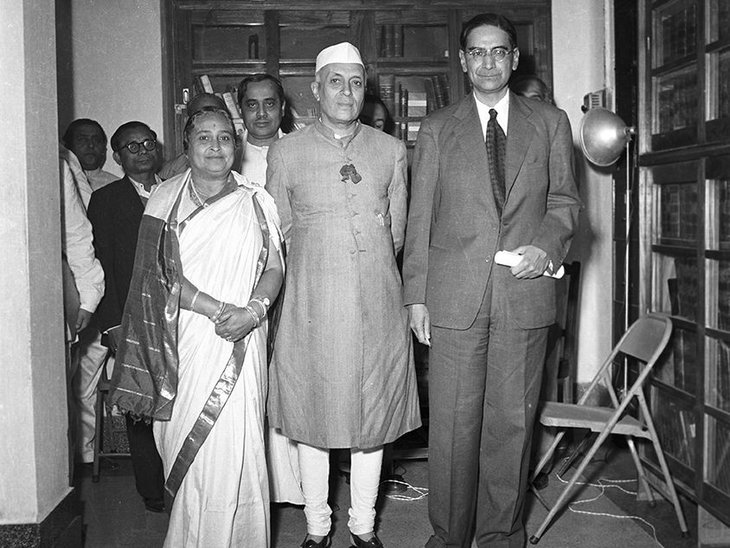
Prasanta Chandra Mahalanobis was born on 29 June 1893 and died on 28 June 1972 at 78 years of age. He was an Indian Bengali applied statistician and scientist who has been best known for his Mahalanobis distance. It is a statistical measure that is widely applied for finding how much a point diverges from a distribution. He was also a member of the first Planning Commission of free India.
3. Brahmagupta
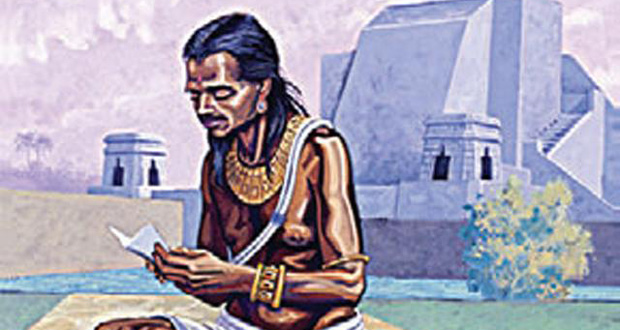
Brahmagupta, who was an Indian astronomer and mathematician, was born in Ujjain on 598 CE (according to Brahmagupta himself). One of his book, the Brāhmasphuṭasiddhānta, was the early work on astronomy and mathematics and also the first one to ever mentioned zero as a number. He also contributed a lot of formulas and concepts that related to arithmetic and algebra.
2. Aryabhata
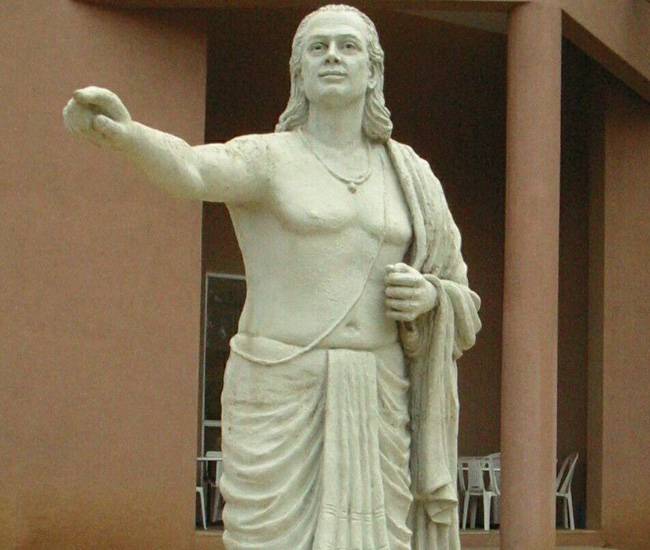
Aryabhata, who was an acclaimed mathematician-astronomer, was born in Kusumapura (present day Patna), Bihar. His contribution to science, astronomy, and mathematics is immensee. At 23 years of age, he wrote his famous work “Aryabhatiya”. He is also known for putting out concepts like solar eclipse and lunar eclipse, reflection of light by moon, rotation of Earth on its axis, and circumference of Earth to 99.8 percent accuracy. Furthermore, he also had the influence on future thinkers and mathematicians like Bhaskara I, Lalla, Varahamihira, and Brahmagupta.
1. Srinivasa Ramanujan: The Most Famous Indian Mathematicians
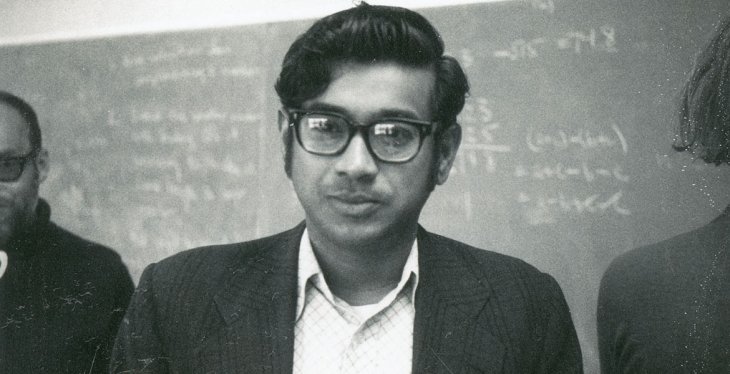
He was born on 22 December 1887 and died on 26 April 1920 at 32 years of age. Despite having no formal training on pure mathematics, he is still one of the most popular Indian mathematics who is widely known for number theory, mathematical analysis, infinite series, and continued fractions.
In the early years of his career, most of his works were rejected by the leading mathematicians in India and that caused him to reach to G. H. Hardy who is an English mathematician at the University of Cambridge, England. During his very short career, he contributed greatly to mathematics by opening an entire new area of work and was the inspiration to a large number of further research.
>>> Indian Mathematician Srinivasa Ramanujan And His Famous Quotes
Featured Stories

Features - Jan 29, 2026
Permanently Deleting Your Instagram Account: A Complete Step-by-Step Tutorial

Features - Jul 01, 2025
What Are The Fastest Passenger Vehicles Ever Created?

Features - Jun 25, 2025
Japan Hydrogen Breakthrough: Scientists Crack the Clean Energy Code with...

ICT News - Jun 25, 2025
AI Intimidation Tactics: CEOs Turn Flawed Technology Into Employee Fear Machine

Review - Jun 25, 2025
Windows 11 Problems: Is Microsoft's "Best" OS Actually Getting Worse?

Features - Jun 22, 2025
Telegram Founder Pavel Durov Plans to Split $14 Billion Fortune Among 106 Children

ICT News - Jun 22, 2025
Neuralink Telepathy Chip Enables Quadriplegic Rob Greiner to Control Games with...

Features - Jun 21, 2025
This Over $100 Bottle Has Nothing But Fresh Air Inside

Features - Jun 18, 2025
Best Mobile VPN Apps for Gaming 2025: Complete Guide

Features - Jun 18, 2025
A Math Formula Tells Us How Long Everything Will Live
Read more

Mobile- Feb 16, 2026
Xiaomi Launches Affordable Tracker to Compete with Apple's AirTag
For users tired of ecosystem lock-in or high prices, the Xiaomi Tag represents a compelling, no-frills option that delivers core functionality at a fraction of the cost.

Mobile- Feb 17, 2026
Anticipating the Samsung Galaxy S26 and S26+: Key Rumors and Specs
The Samsung Galaxy S26 series is on the horizon, sparking excitement among tech enthusiasts.

ICT News- Feb 18, 2026
Google's Project Toscana: Elevating Pixel Face Unlock to Rival Apple's Face ID
As the smartphone landscape evolves, Google's push toward superior face unlock technology underscores its ambition to close the gap with Apple in user security and convenience.
Comments
Sort by Newest | Popular